On increasing your influence
Where influence is concerned, one of the most powerful skills a leader can cultivate is the ability to frame the discussion. As Matt, Sacha and I write in Speakership: if you can learn to command the context, you control the conversation.
Decision-making is, in essence, an act of conscious and subconscious filtering. It's the process of absorbing large amounts of information and filtering it for both relevance and importance. Good decision-makers are those who can filter information for that which is most relevant and most important, most effectively.
What this tells us is that it's often not the available information that most influences a decision; it is instead the filters the decision-maker chooses to apply that have the greatest impact on the resulting decision. If we want to wield influence, then, we need to learn to place less emphasis on providing information, and more emphasis on which filters the people we seek to influence are using to make the decisions that matter to us.
Whether we want them to adopt a particular strategy, buy a particular product, or hire a particular person; our greatest opportunity to influence their decision is to influence the filters they use—consciously, and sub-consciously—to make the decision.
What are the filters? A whole book about this would barely scratch the surface and I’m still constantly learning about the neuroscience of this myself, but in brief, you can think of these filters as the mental models the decision-maker has collected through education and experience. Each mental model is a system of categorising information such that predictions can be made. Simple ideas like “compassion” or “profit” are mental models. More complex ideas like "the law of diminishing returns" or "the effect of compounding interest" are mental models. Every single sight, sound, and thought is filtered through mental models, and there are millions of them.
I often think of 'intelligence' as the sheer volume of mental models a person can learn, and 'wisdom' as the ability to apply the right mental model at the right time.
The beginner tries to influence a person's decisions by feeding them information. A beginner's success relies largely on luck, since they are forced to simply hope their pitch survives the filtering process.
The intermediate tries to influence a person's decisions by feeding them information tailored to the filters they believe the person will be using. An intermediate's success relies on their ability to accurately surmise what mental models will be used to filter the information and come to a decision.
The expert influences a person's decisions by showing them a better filter. An expert's success relies on the fact that any information filtered through the mental model they propound has a far greater chance of producing a favourable decision.
If you want to get better at leadership, or sales (which is leadership), or parenting (which is leadership), or the myriad of other things which are also actually leadership, spend less time sharing information about the world, and more time sharing models for thinking about the world. Learn to frame the discussion.
It takes a lot less time, and delivers a lot more impact.
PS - If you found this useful, please sign up to The Fink Tank in the footer below.
If you want your next presentation or speech to have a bigger influence, download Real Speaking Returns, a guide to being more entertaining, more likeable, and more profitable public speaker.


